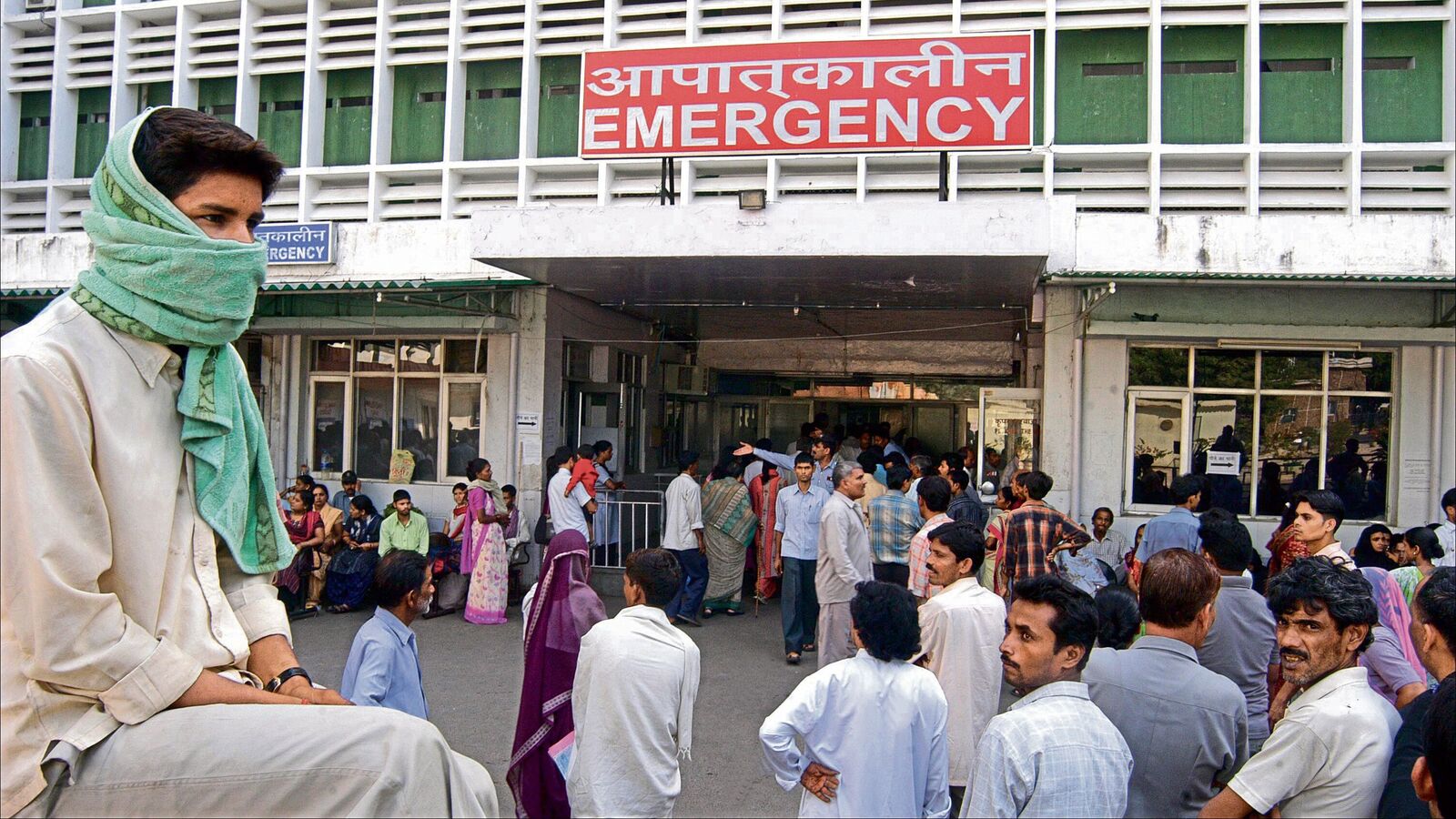He Indian Council of Medical Research (ICMR) and Panacea Biotec on Wednesday announced the commencement of Phase 3 clinical trial of India’s first indigenous vaccine. dengue vaccine, DengiAll, at the Pandit Bhagwat Dayal Sharma Postgraduate Institute of Medical Sciences (PGIMS) Rohtak.
Union Minister of Health JP Nadda He lauded the initiative and said, “The initiation of this Phase 3 clinical trial for India’s first indigenous dengue vaccine marks a critical breakthrough in our fight against dengue.”
Highlighting the importance of the collaboration between ICMR and Panacea Biotec for the development of dengue vaccine, the Union Health Minister noted that “through this partnership, we are not only taking a step towards ensuring the health and well-being of our people but also reinforcing our vision of Atmanirbhar Bharat “in the health sector.”
Currently, the country has no antiviral treatment or licensed vaccine against dengue, so the development of an effective vaccine is a complex and urgent need. The challenge is to achieve high efficacy against the four serotypes of the dengue virus, which are known to circulate or co-circulate in many regions of the country.
The tetravalent dengue vaccine strain (TV003/TV005), initially developed by the US National Institutes of Health (NIH), has shown promising results in preclinical and clinical trials worldwide. Panacea BiotecOne of the three Indian companies that have received this strain, it has made the most progress in developing a complete vaccine formulation.
The company holds a process patent for this work. Phase 1 and 2 clinical trials of the Indian vaccine formulation were completed in 2018-19 and yielded promising results.
Phase 3 clinical trialThe study, to be conducted in collaboration with ICMR, will be conducted at 19 sites across 18 states and Union Territories and will involve over 10,335 healthy adult participants.
It is important to note that dengue is a major public health problem in India, which is among the 30 countries with the highest incidence of the disease. According to a WHO report, approximately 75-80% of infections in India are asymptomatic, but these individuals can transmit the infection through the bite of Aedes mosquitoes. In the 20-25% of cases where symptoms are clinically evident, children are at significantly higher risk of hospitalization and mortality.
Disclaimer:
The information contained in this post is for general information purposes only. We make no representations or warranties of any kind, express or implied, about the completeness, accuracy, reliability, suitability or availability with respect to the website or the information, products, services, or related graphics contained on the post for any purpose.
We respect the intellectual property rights of content creators. If you are the owner of any material featured on our website and have concerns about its use, please contact us. We are committed to addressing any copyright issues promptly and will remove any material within 2 days of receiving a request from the rightful owner.

